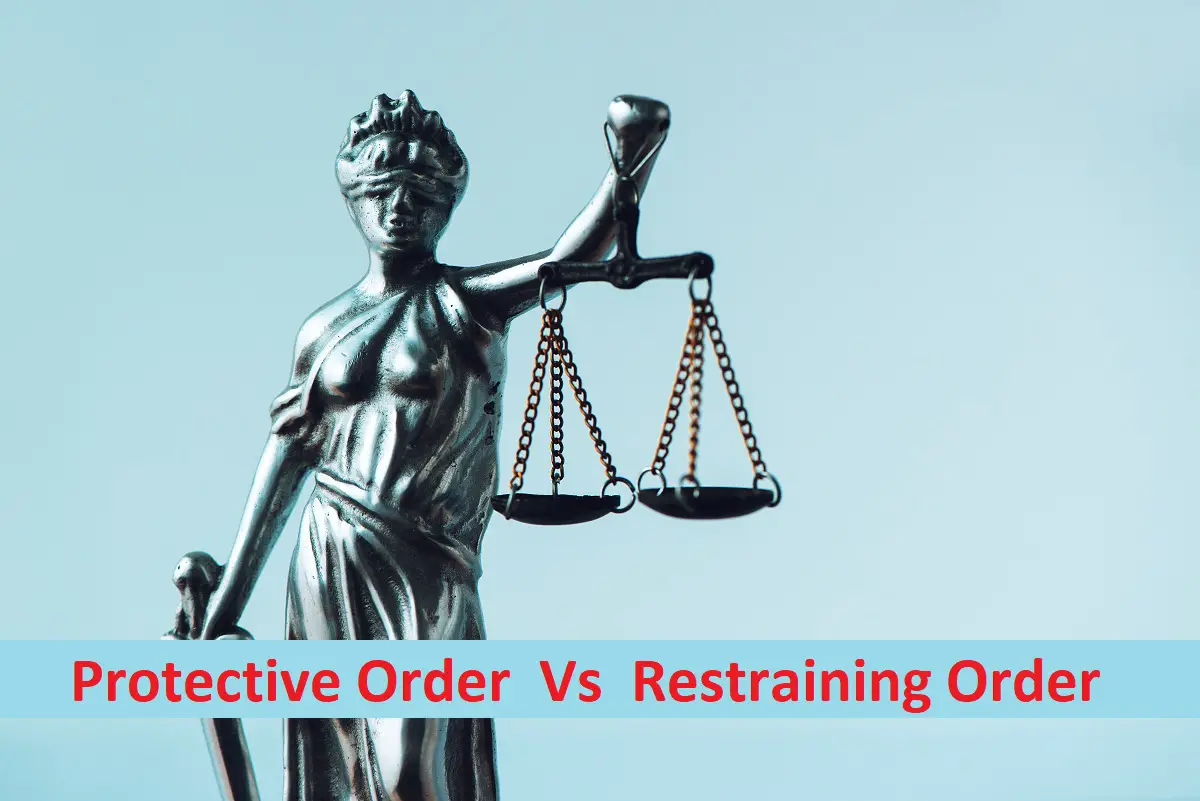Difference Between Theft and Robbery
Theft and robbery are equally wrong deeds. Not only do they make you a bad person, but you will also become a criminal the moment you commit them. In fact, if you ever get caught in the act of either of them, you are sure to spend some jail time.
However, there is a huge difference between theft and robbery. Various factors come into play, and the presence of consciousness plays a huge role in this case. Today, we will show you exactly what separates these devious and heinous deeds.
What Is Theft?

Theft is one of the most common crimes in the world. It is the act of taking something from someone without their knowledge with having no intentions of returning it to them. Every day, millions of acts of theft occur throughout the world. One of the most common cases of theft that can be found in public areas is pickpocketing.
When it comes to crimes, theft has a comparatively broad umbrella through which a lot of sub-groups of crimes are defined. Burglary, pickpocketing, scamming are all types of theft.
The main factor in it is the obliviousness of the victim. Thieves tend to work in silence and deception. Punishments for theft include fines and jail for as long as five years.
Robbery Vs. Burglary: What’s The Difference?
What Is Robbery?

Robbery is a crime that is known to traumatize victims. Although it is similar to theft in the sense that the victims lose their properties and assets, the main difference is in the act. Robbery is ideally done with a hint of force and threats.
Victims are forcefully separated from their things when robbers hold them at gunpoint or threaten them with a knife.
A robbery can take place anywhere. It can happen in a public location or inside homes. The act occurs through a volley of violence, and it often leads to post-traumatic experiences. It can severely affect the mental health of the victim as well as the act puts them in a situation of duress and pressure.
The punishment for robbery is very grim. At a minimum, the robbers will get rigorous imprisonment of and it can be as long as 10 years. The court may even force them to pay a hefty fine for their misdeeds.
In case of the crime being committed at night, the punishment can be even worse and it can result in a higher prison time in most countries.
Theft Vs. Robbery
When we compare the two crimes, it is obvious that robbery is more heinous. Since robbers directly interact with the victims, it makes the act more strenuous. There is also the possibility of physical harm and mental trauma, which makes it a more consequential crime. In this case, the involvement of the victim is the main factor.
Theft normally occurs without the victim being conscious of the act. Therefore, there is no chance of actual physical harm coming to the victim. However, robbery involves threats and weapons in most cases.
Therefore, a robber can be implicated in multiple crimes when engaging in a robbery. As a result, the punishment is vastly larger as well.
Recommended for You:
- Difference Between OWI and DUI
- Difference Between Sheriff and Police
- Difference Between Revoked and Suspended License
Difference Between Theft and Robbery
Theft |
Robbery |
| The properties that are normally stolen in theft are small items like cash and mobile phone. | Items that are taken during a robbery are of a massive scale, from cash to home appliances. |
| Victims remain unconscious of theft during the duration of the act. | Victims are subjugated to the whims of the robber during the act. |
| Theft doesn’t cause any direct harm to the health of the victims. | Robbery has a high chance of inflicting physical wounds and mental trauma to the victim. |
| The imprisonment for theft doesn’t extend 5 years globally on average. | The imprisonment for robbery can exceed 10 years globally on average. |
| Timing of the crime has little to do with the punishment for theft. | The timing of the crime can determine the severity of the robbery. |
Conclusion
The difference between theft and robbery is widespread and manifold. Although they both qualify as crimes, that’s where the similarities end. From the way they are carried out to how the criminals get punished, everything is different and of a different scale.
Above everything else, the involvement of the victim is the root of all dissimilarities between the two actions. Therefore, although the terms might seem on the same level, they are very much different in nature.






